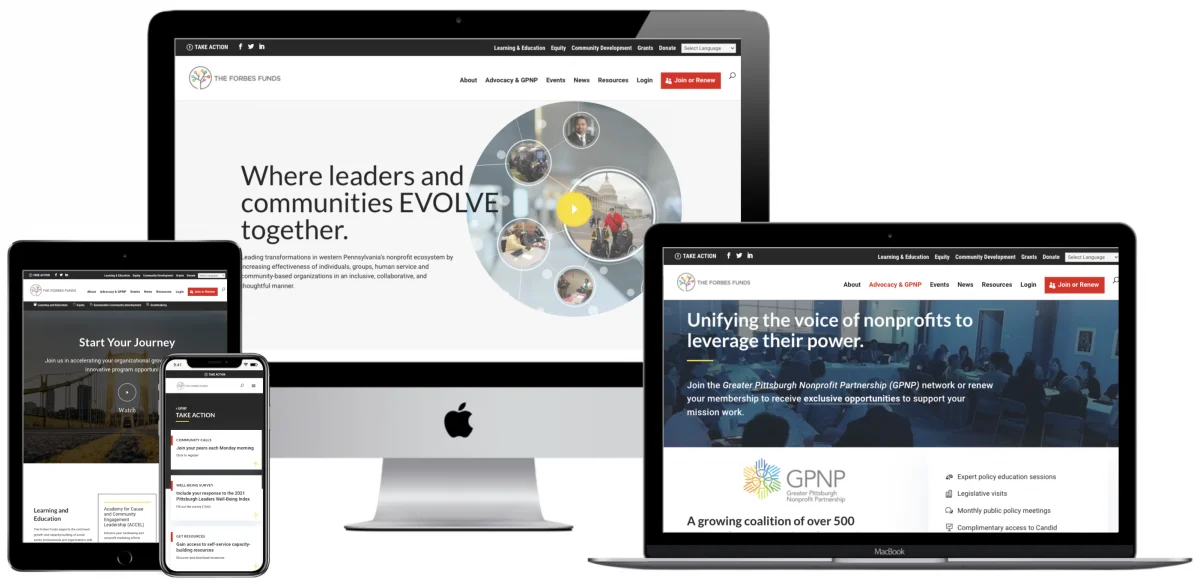Anyone who’s in the process of creating a site will ultimately run in the most humorous and most essential few letters for the own site: SEO. The acronym SEO stands for “search engine optimization.” The better your search engine ranking, the greater potential customers you’ll draw to your site. Here’s how to improve SEO.
Thus, the secret to good website marketing is to produce quality content that utilizes certain keywords that will enhance your search engine visibility. This helps your site stand out so that when someone searches the web for a specific service or product similar to yours, you will also rank. It’s not always easy to rank, though. It is like running a marathon, so we’ve prepared these 6 easy SEO tips to empower yourself in the struggle to maximize your site’s search engine ranking.
1. Cleanup Your Website
There’s nothing more frustrating for users compared to dead links; conduct an SEO audit to determine technical errors, uncovering poor site design and see which best practices aren’t followed. Individuals won’t stay long on your site either, and all of these things will likely be counted as pitfalls for Google’s ranking algorithm. Fix any broken links, delete duplicate content, and maximize the ability the user has when visiting your website.
2. Improve the Structure of Your Content
As a way to enhance the scan ability of one’s own content, make sure to own titles in h1 form, important text from bold, and anchor text with links to backup your articles. Folks consume information at discounted speeds, so ensure it is effortless for them to obtain the information they need fast.
3. Keyword-Rich Titles and URL Structure Go a Long Way
If you aren’t familiar with keywords and rankings, do some keyword search and determine what people are looking for and how competitive those terms are. Once these are known, your own titles and URLs for posts and pages ought to be rich with all the keywords that you need to rank highly in whenever somebody does a web search. In this way, Google can quickly comprehend what your content is about and reward you.
4. Utilize Relevant Tags
To make life easier on the various search engines, then you will certainly want to get the best you could using appropriate tags of your material. What’s the post about? What keywords would a user have to look for the post to rank well? Attempt to include 5 to 10 for every single post. To check your SEO score you can use free SEO checker.
5. Quality Content Drives Traffic
There is a lot of information floating out there. So, how can you set yours worth reading? The very first step is always to set yourself as an authority and expert in a particular location, i.e. travel, healthcare, etc.. Then begin providing useful, relevant, and insightful content for people searching in your niche. Lists and how two’s are good starting points when designing content, as people love good lists and they are not hard to learn.
6. Utilize Social Networks
Social media is as much part of the search engine optimization process as creating tagging and articles correctly. When using social networking sites like Twitter, and then it is possible to find your intended audience through keyword searches. Including keywords in your tweets can be a good means of forcing people to your website. Just make sure once they are there, you’ve got stuff that’s worth their reading period.
Do you find yourself in need of some assistance with crafting a world-class user experience or search engine optimization? Get in touch here to schedule a free consultation and get a quote!

Ali Jaffar has been building dazzling websites and creating amazing online experiences for over a decade. His mastery of the latest innovations in web development results in world-class website experiences set apart by show-stopping style and seamless functionality. A sought-after consultant and 50-time award-winning storyteller, UX expert, and web developer — Ali lends his talents to build and bolster digital experiences for a wide array of clients — with a keen focus on web design for nonprofit organizations, B2B, and government agencies. When Ali’s not helping his clients grow or providing pro bono services via his Coding For Causes program, you can find him exploring beautiful open spaces with his dog, working on digital solutions like the Good Jobs Search Engine software, or doing yoga.
Connect with Ali on LinkedIn to continue the conversation, or follow him on Threads.

